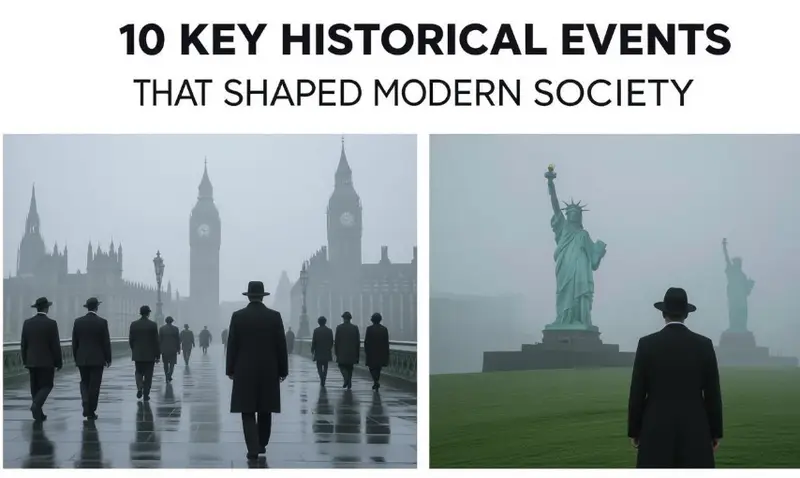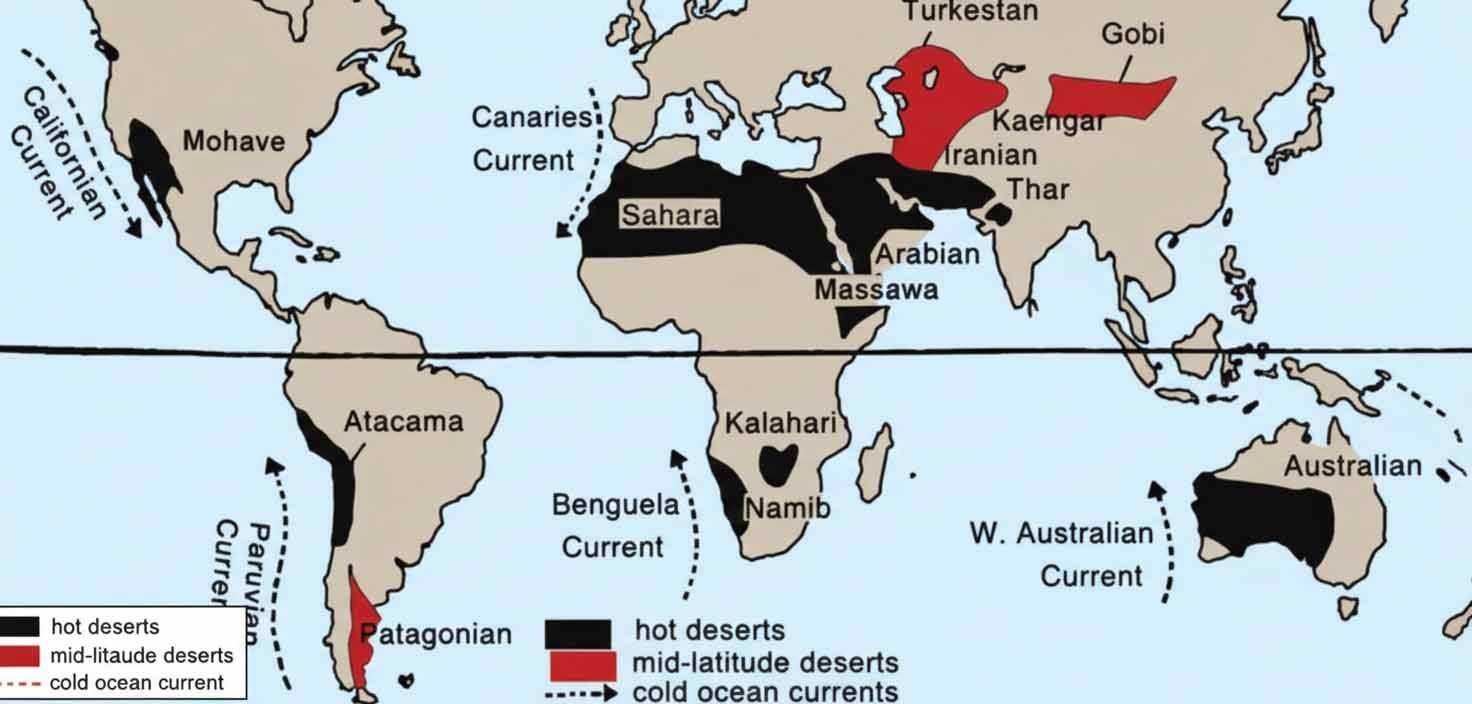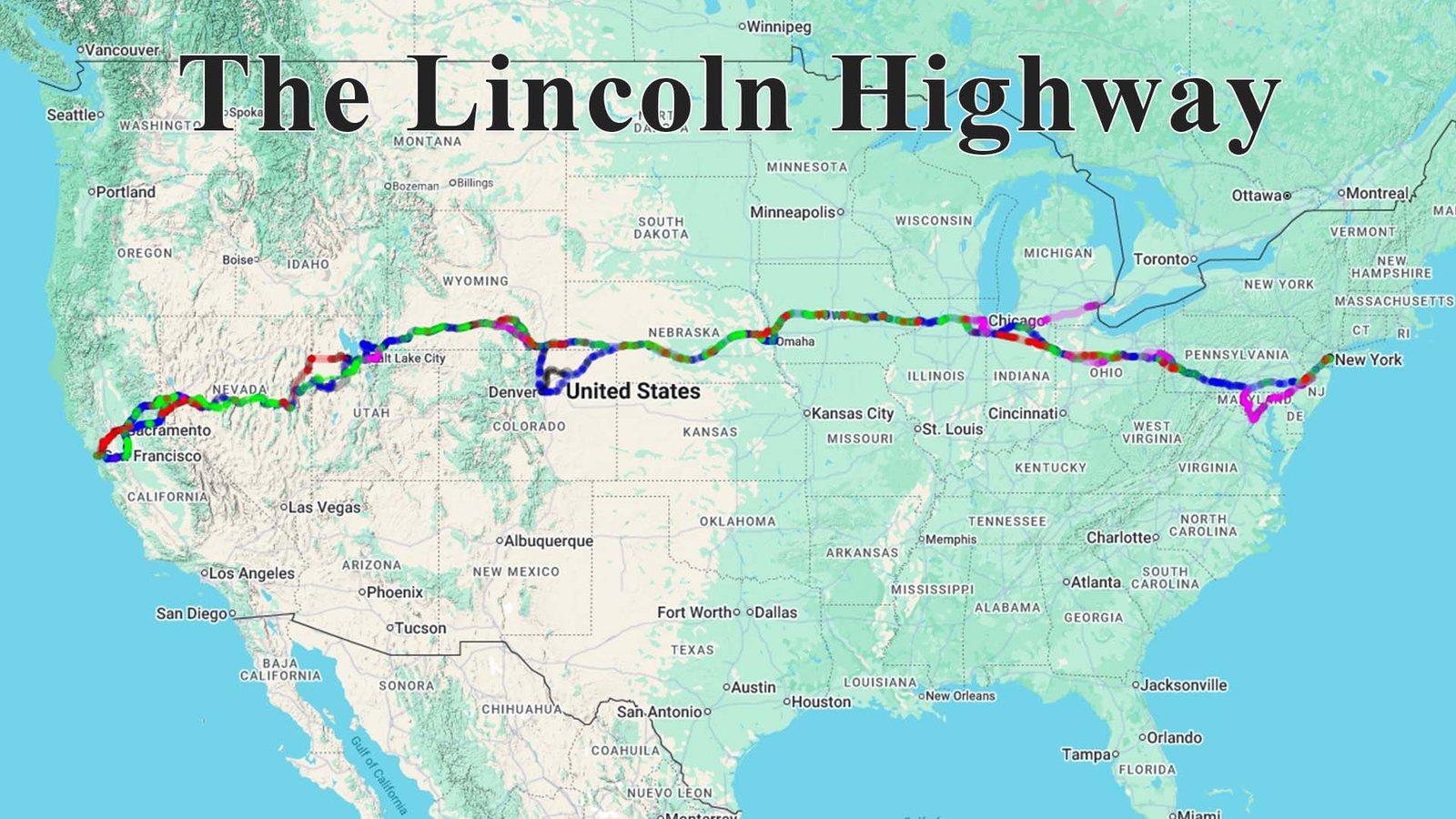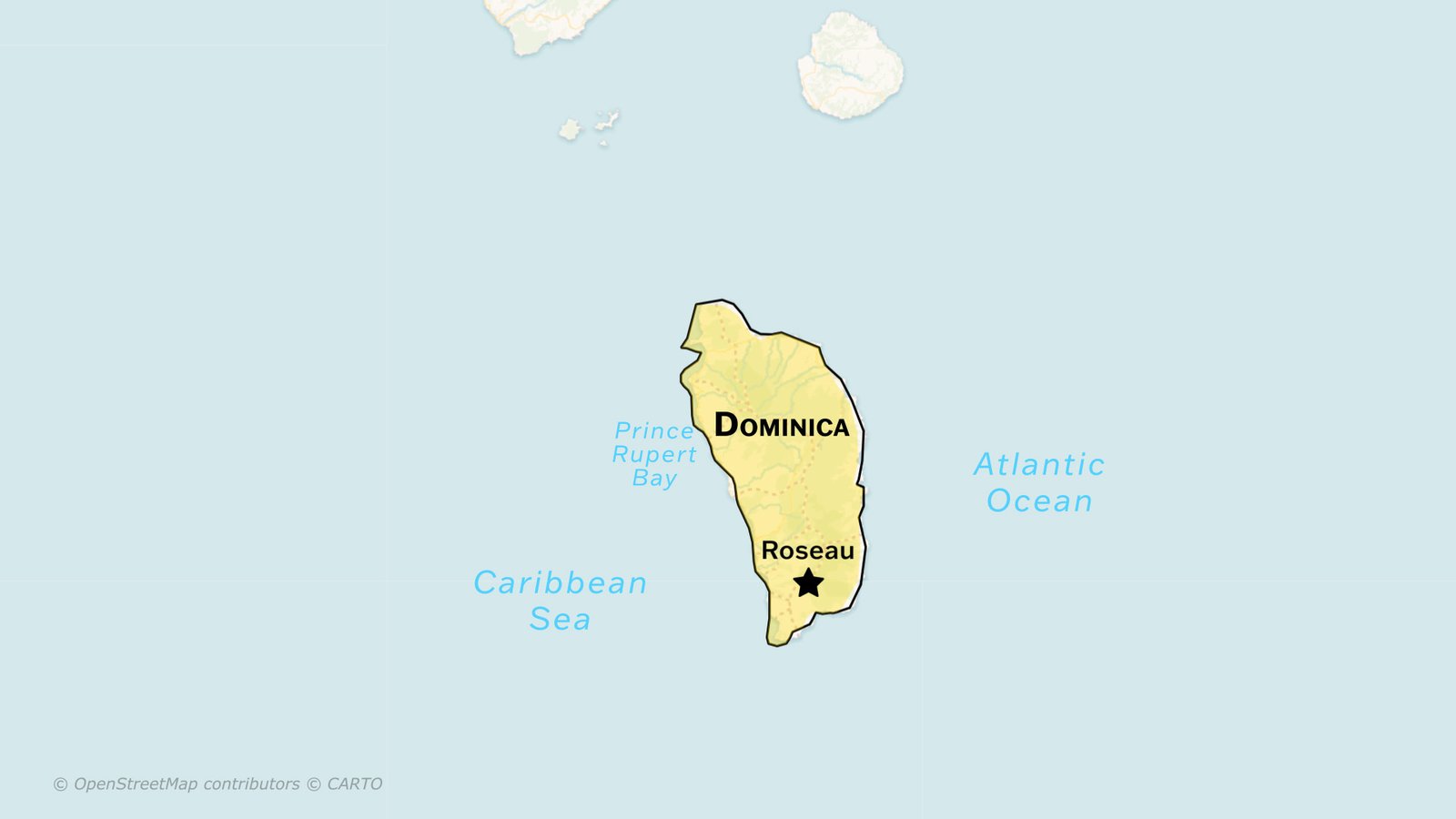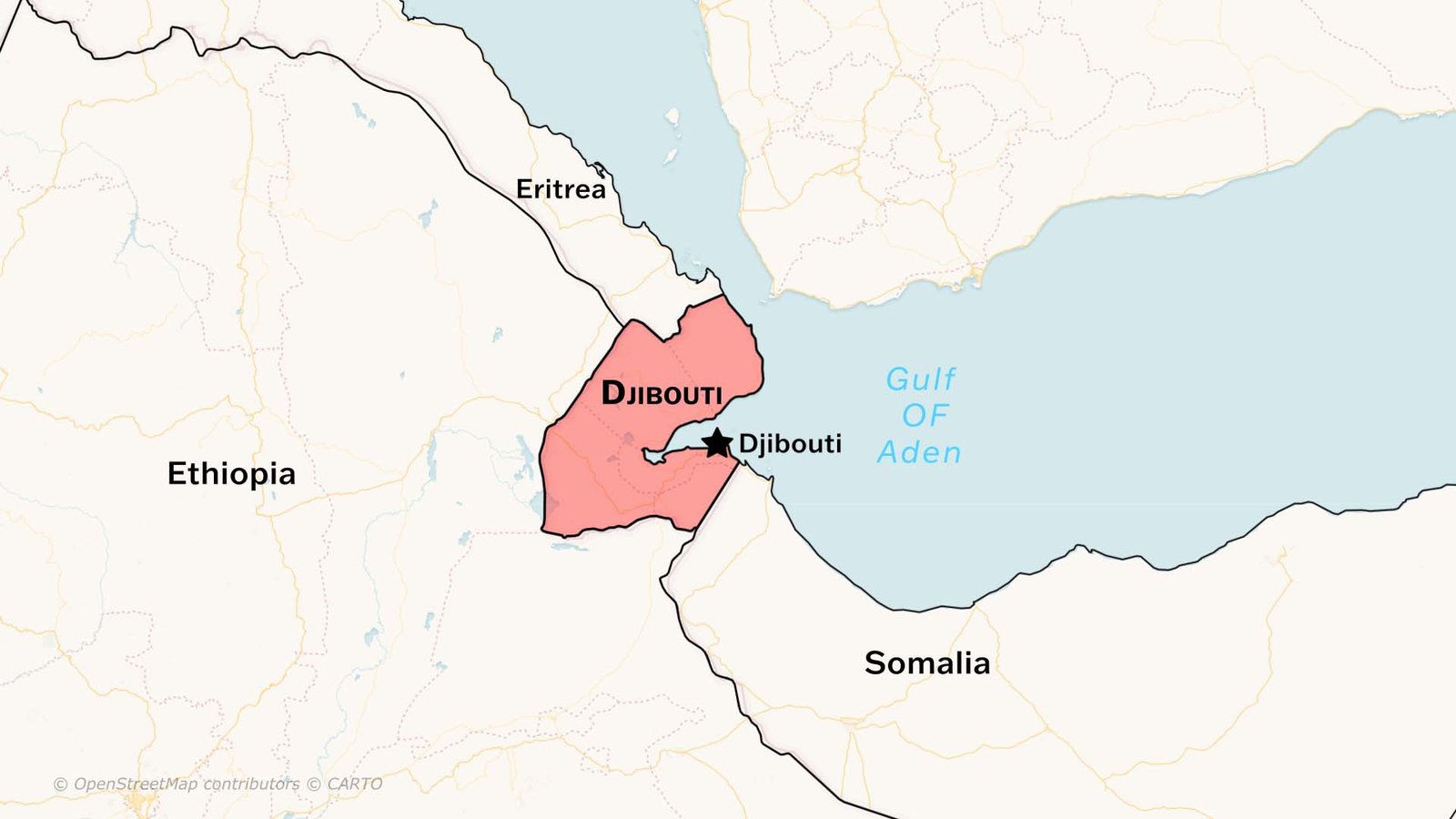History is full of turning points. Some events changed the way people live, think, and even connect with one another. If you look closely, the modern world we know today—our governments, technology, education, and rights—was built on the foundation of a handful of powerful events. Let’s explore ten of the most important ones, step by step.
The Industrial Revolution (1760s–1840s)
This was the time when factories, machines, and steam engines transformed the world. Before that, people mostly farmed or worked by hand. The Industrial Revolution brought new jobs, new cities, and faster production. But it also created pollution and poor working conditions.
-
Why it matters today? Without it, we wouldn’t have cars, smartphones, or mass-produced goods. It was the real beginning of modern industry.
The American Revolution (1775–1783)
Imagine being ruled by another country and then deciding—enough is enough. That’s what the American colonies did against Britain. Their fight led to independence and the birth of the United States.
-
Why it matters? The idea of freedom, democracy, and the right to self-rule inspired revolutions in other parts of the world. 🌎
The French Revolution (1789–1799)
“Liberty, Equality, Fraternity”—these three words became a symbol of change. The French Revolution didn’t just overthrow a king; it showed ordinary people that they could demand rights and equality.
-
Why it matters? The principles of human rights and equality influenced governments worldwide, and the ideas still echo in modern constitutions.
Abolition of Slavery (19th Century)
Slavery existed for centuries. Millions of people were treated as property, forced to work without freedom. The abolition movement grew strong in the 1800s, and by the end of the century, most countries had banned slavery.
-
Why it matters? This marked a step toward recognizing basic human dignity. It laid the groundwork for civil rights movements in the 20th century. ✊
World War I (1914–1918)
Called “The Great War,” it involved many nations and caused massive destruction. Empires collapsed, borders were redrawn, and it left behind both sorrow and lessons.
-
Why it matters? It showed the cost of global conflict and reshaped politics. It also set the stage for World War II.
World War II (1939–1945)
This war was even larger and more devastating. It ended with the fall of Nazi Germany, the dropping of atomic bombs, and the creation of the United Nations.
-
Why it matters? The war pushed technology forward, led to the Cold War, and taught the importance of global cooperation to avoid such destruction again.
The Civil Rights Movement (1950s–1960s)
In the United States, African Americans fought for equal rights in schools, buses, jobs, and public life. Leaders like Martin Luther King Jr. gave powerful speeches, inspiring millions.
-
Why it matters? The movement changed laws, but also hearts and minds. It influenced other equality struggles around the globe.
The Cold War Era (1947–1991)
It wasn’t a direct war but more of a tense rivalry between the U.S. and the Soviet Union. Space exploration, nuclear weapons, and political ideologies all clashed during this time.
-
Why it matters? The Cold War gave us the space race (hello, moon landing 🚀), modern intelligence networks, and shaped global alliances still active today.
The Fall of the Berlin Wall (1989)
For decades, Germany was split into East (communist) and West (capitalist). The Berlin Wall symbolized that division. When it finally came down in 1989, people celebrated freedom and unity.
-
Why it matters? It marked the end of the Cold War and gave hope for democracy and cooperation in Europe.
The Digital Revolution (1970s–Present)
From computers to the internet, smartphones, and AI, the digital revolution has been the most recent game-changer. Life without the internet? Hard to imagine.
-
Why it matters? It connected the world like never before. Knowledge, trade, and communication became faster, making the world feel smaller.
Quick Comparison Table of the 10 Events
| Event | Time Period | Lasting Impact |
|---|---|---|
| Industrial Revolution | 1760s–1840s | Modern industry, cities, machines |
| American Revolution | 1775–1783 | Birth of democracy & independence |
| French Revolution | 1789–1799 | Human rights & equality ideas |
| Abolition of Slavery | 19th century | Human dignity, civil rights foundation |
| World War I | 1914–1918 | Political change, border shifts |
| World War II | 1939–1945 | UN creation, tech progress, Cold War |
| Civil Rights Movement | 1950s–1960s | Equality laws, global inspiration |
| Cold War | 1947–1991 | Space race, alliances, nuclear deterrence |
| Fall of Berlin Wall | 1989 | End of Cold War, unity |
| Digital Revolution | 1970s–present | Internet, AI, global connectivity |
Why these events matter for you today
It’s not just history lessons. These events affect your daily life. The phone in your hand? A result of the Industrial + Digital Revolutions. Your freedom of speech? Thanks to revolutions and civil rights struggles. Your ability to live in a somewhat peaceful global order? A lesson from world wars and the Cold War.
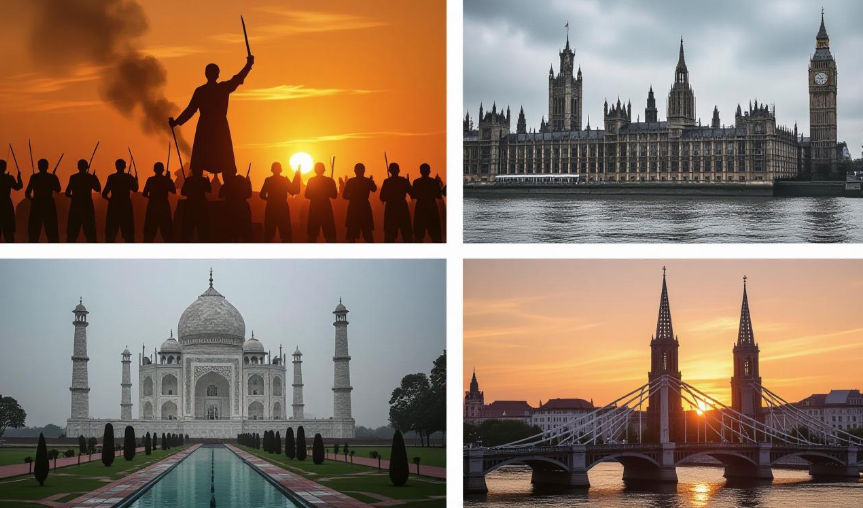
Some FAQs
Q: Which event had the biggest impact on technology?
The Industrial Revolution started it, but the Digital Revolution took it to a whole new level with computers and the internet.
Q: Why do we study wars if they were so destructive?
Because they teach lessons. Wars changed borders, governments, and even created organizations like the United Nations to prevent future conflicts.
Q: Did all countries abolish slavery at the same time?
No. Some countries ended slavery earlier, while others took much longer. But by the late 19th century, most had banned it.
Q: Are we still in a historical turning point today?
Yes—climate change, globalization, and AI could be the events historians write about in the future.
Final Thoughts
When you zoom out, you can see history not as dusty old dates, but as real moments that built our present. Each of these 10 events carried a ripple effect across continents and generations. And who knows—the choices we make today may become the “turning points” of tomorrow. 🌍

